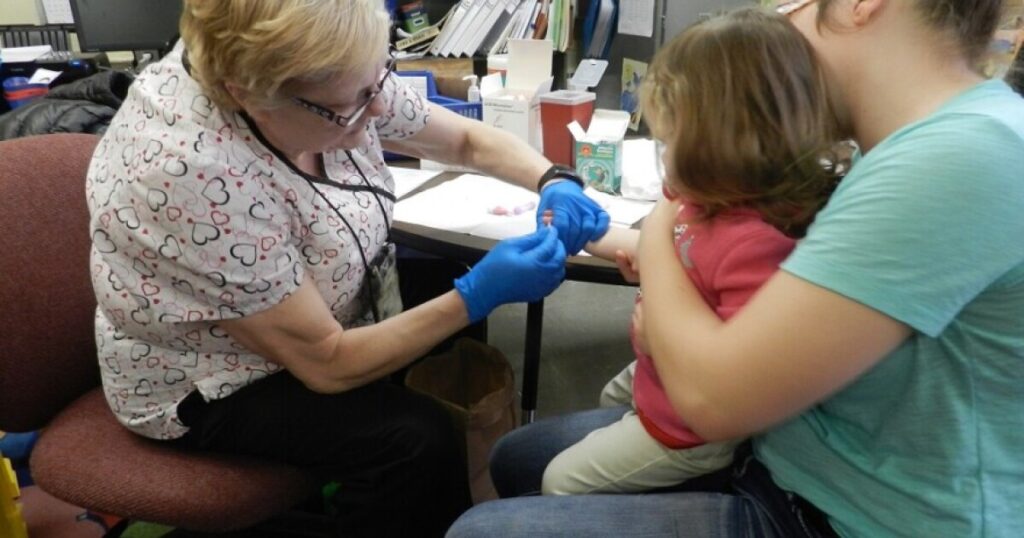The Impact of Early Lead Exposure on Academic Achievement
Emerging research highlights a crucial public health concern: even minimal lead exposure in early childhood could significantly affect academic outcomes. This revelation comes from a comprehensive study that scrutinized data from a wide cohort of students spanning second to eleventh grade.
University of Iowa’s George Wehby led the investigation, analyzing information from 300,000 students to explore the ramifications of lead exposure. His findings suggest that the detrimental effects on academic performance manifest at lower exposure levels than previously recognized.
Wehby emphasized the need to reevaluate current guidelines: “Currently the thresholds that are considered, again not safe but not recommended for additional follow up, might need to be reconsidered.” His research advocates for adjusting these thresholds to ensure young children receive necessary academic support.
Experts universally agree on one point—no level of lead exposure is deemed safe. The crises in Flint and Benton Harbor have only amplified concerns about lead’s impact on children’s educational trajectories.
Lead exposure can happen through various channels, notably through lead-based paints in older residences. This widespread risk underscores the importance of preventative measures and policy adjustments to safeguard children’s futures.
For more detailed insights into the study, visit the full study.
—
Read More Michigan News










